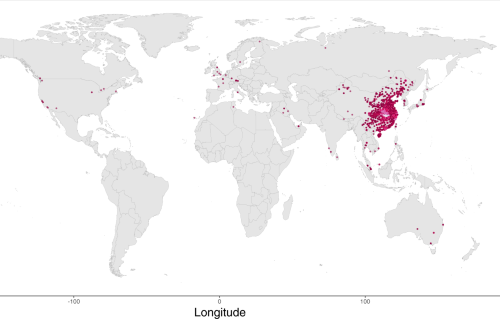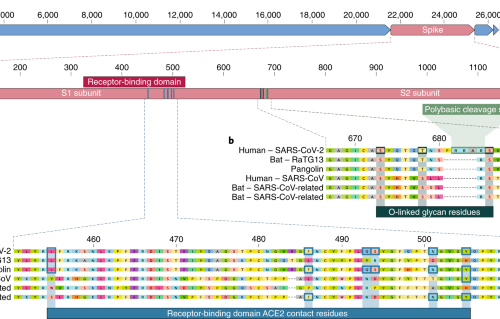To support urgent research to combat the ongoing outbreak of COVID-19, caused by the novel coronavirus SARS-CoV-2, the editorial teams at Nature Research have curated a collection of relevant articles. Our collection includes research into the basic biology of coronavirus infection, its detection, treatment and evolution, research into the epidemiology of emerging viral diseases, and our coverage of current events. The articles will remain free to access for as long as the outbreak remains a public health emergency of international concern.
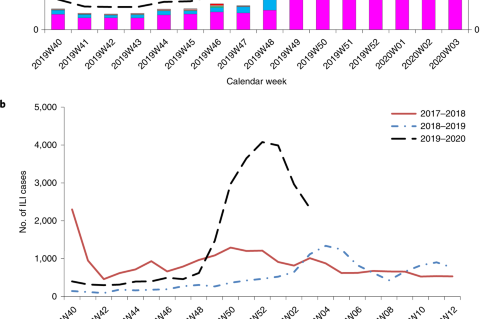
Here, it is shown that there was community transmission of SARS-CoV-2 early in January.
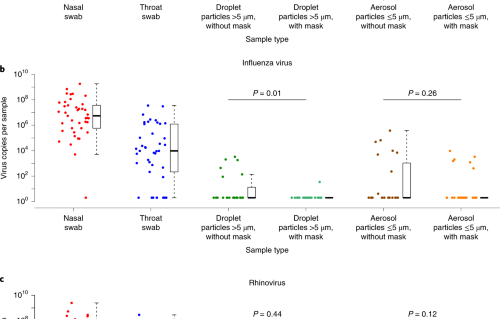
A study of 246 individuals with seasonal respiratory virus infections randomized to wear or not wear a surgical face mask showed that masks can significantly reduce detection of coronavirus and influenza virus in exhaled breath and may help interrupt virus transmission.
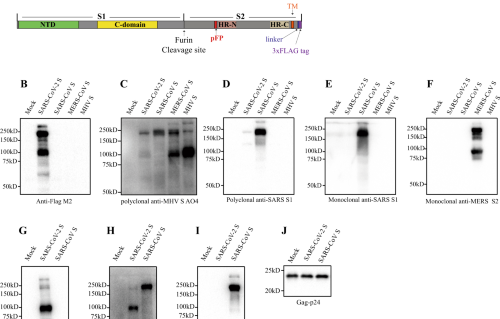
SARS-CoV-2 has spread globally. Here, the authors characterize the entry pathway of SARS-CoV-2, show that the SARS-CoV-2 spike protein is less stable than that of SARS-CoV, and show limited cross-neutralization activities between SARS-CoV and SARS-CoV-2 sera.
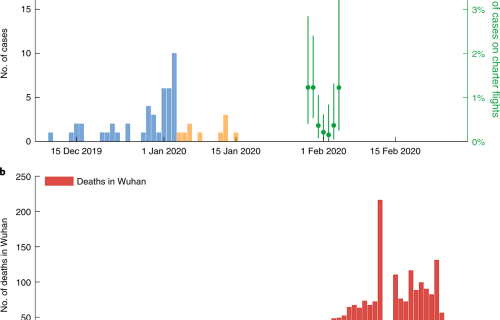
An estimation of the clinical severity of COVID-19, based on the data available so far, can help to inform the public health response during the ongoing SARS-CoV-2 pandemic.
The outbreak of 2019-novel coronavirus disease (COVID-19) that is caused by SARS-CoV-2 has spread rapidly in China, and has developed to be a Public Health Emergency of International Concern. However, no specific antiviral treatments or vaccines are available yet.…
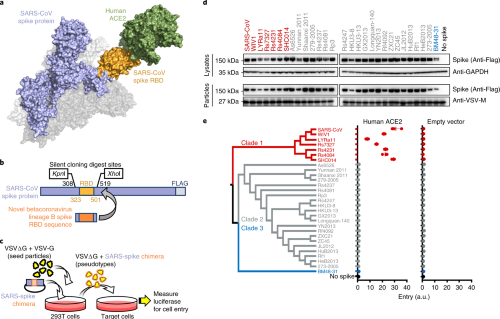
This study describes the development of an approach to rapidly screen lineage B betacoronaviruses, such as SARS-CoV and the recently emerged SARS-CoV-2, for receptor usage and their ability to infect cell types from different species. Using it, they confirm human…
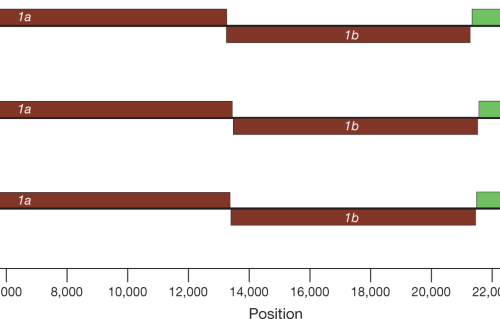
Phylogenetic and metagenomic analyses of the complete viral genome of a new coronavirus from the family Coronaviridae reveal that the virus is closely related to a group of SARS-like coronaviruses found in bats in China.
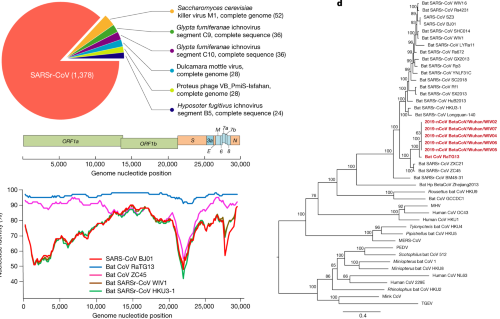
Characterization of full-length genome sequences from patients infected with a new coronavirus (2019-nCoV) shows that the sequences are nearly identical and indicates that the virus is related to a bat coronavirus.
___________________________________________________________________________________________
Article Source: https://www.nature.com/collections/hajgidghjb

